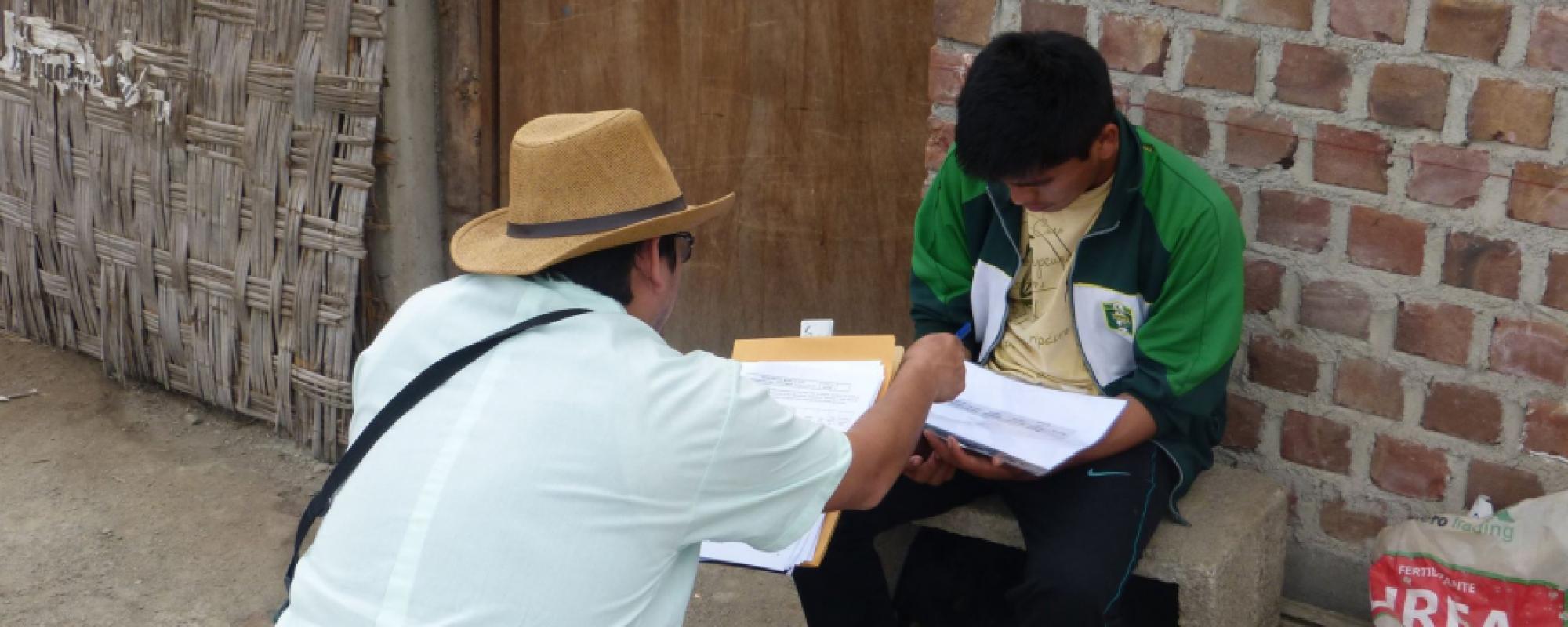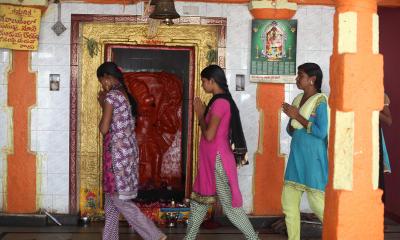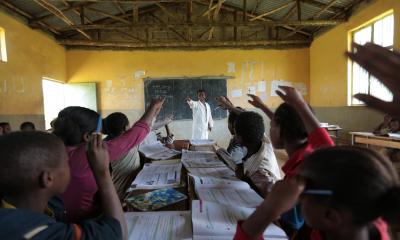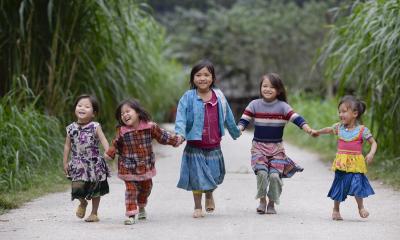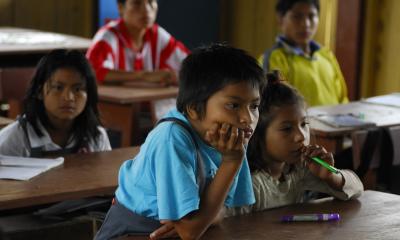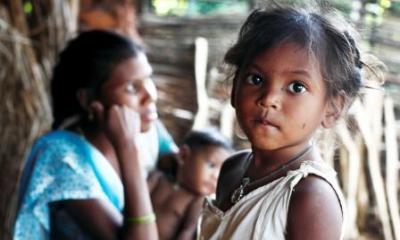
The questionnaires used for the Young Lives survey are developed specifically for each survey round, to capture the changes in household circumstances and the children's lives as they grow up. In each case, a core questionnaire is produced and used across all four study countries, with specific questions and sections added by each country team to capture information of particular relevance in that country. The table below summarises the questionnaires used in each country.
Older Cohort Household Questionnaire (age 19): includes sections on: Parental background; Household and child education; Livelihoods and asset framework; Household food and non-food consumption and expenditure; Social capital; Economic changes and recent life history; Socio-economic status.
Older Cohort Child Questionnaire (age 19): includes sections on: Parents and Caregiver update; Mobility; Subjective well-being; Education; Employment, earnings, and time-use; Feelings and attitudes; Household decision-making; Marital and living arrangements; Fertility; Anthropometry; Health and nutrition.
Older Cohort Cognitive Tests (age 19): includes Mathematics test; Reading comprehension test.
Older Cohort Self-Administered Questionnaire (age 19): includes sections on: Relationship with parents, Smoking, Violence, Alcohol, Sexual behaviour (administered in Peru only).
Younger Cohort Household Questionnaire (age 12): includes sections: on Parental background; Household and child education; Livelihoods and asset framework; Household food and non-food consumption and expenditure; Social capital; Economic changes and recent life history; Socio-economic status, Health; Anthropometry (for the study child and a sibling); Caregiver perceptions and attitudes.
Younger Cohort Child Questionnaire (age 12): includes sections on Schooling; Time-use; Health; Social networks; Feelings and attitudes.
Younger Cohort Cognitive Tests (age 12): include Peabody Picture Vocabulary Test (administered to the study child and a sibling); Mathematics test; Reading comprehension test. In Ethiopia and Peru only: a computerised cognitive skill (Executive Functioning) test administered on touch-screen tablet computers for the study child and a younger sibling. In Ethiopia only an additional English and Amharic reading test.
Community Questionnaire: (administered in the main communities where Young Lives children live) includes sections on: General characteristics of the locality; Social environment; Access to services; Economy; Local prices; Social protection; Educational services; Health services; Migration.
Mini-community questionnaire: (administered in communities into which one or study children moved) includes sections on: General characteristics of the locality; Social environment; Access to Services; Economy; Local prices.
Any questionnaires without links are currently unavailable.
Round 4 survey questionnaires
The questionnaires used for the Young Lives survey are developed specifically for each survey round, to capture the changes in household circumstances and the children's lives as they grow up. In each case, a core questionnaire is produced and used across all four study countries, with specific questions and sections added by each country team to capture information of particular relevance in that country. The table below summarises the questionnaires used in each country.
Older Cohort Household Questionnaire (age 19): includes sections on: Parental background; Household and child education; Livelihoods and asset framework; Household food and non-food consumption and expenditure; Social capital; Economic changes and recent life history; Socio-economic status.
Older Cohort Child Questionnaire (age 19): includes sections on: Parents and Caregiver update; Mobility; Subjective well-being; Education; Employment, earnings, and time-use; Feelings and attitudes; Household decision-making; Marital and living arrangements; Fertility; Anthropometry; Health and nutrition.
Older Cohort Cognitive Tests (age 19): includes Mathematics test; Reading comprehension test.
Older Cohort Self-Administered Questionnaire (age 19): includes sections on: Relationship with parents, Smoking, Violence, Alcohol, Sexual behaviour (administered in Peru only).
Younger Cohort Household Questionnaire (age 12): includes sections: on Parental background; Household and child education; Livelihoods and asset framework; Household food and non-food consumption and expenditure; Social capital; Economic changes and recent life history; Socio-economic status, Health; Anthropometry (for the study child and a sibling); Caregiver perceptions and attitudes.
Younger Cohort Child Questionnaire (age 12): includes sections on Schooling; Time-use; Health; Social networks; Feelings and attitudes.
Younger Cohort Cognitive Tests (age 12): include Peabody Picture Vocabulary Test (administered to the study child and a sibling); Mathematics test; Reading comprehension test. In Ethiopia and Peru only: a computerised cognitive skill (Executive Functioning) test administered on touch-screen tablet computers for the study child and a younger sibling. In Ethiopia only an additional English and Amharic reading test.
Community Questionnaire: (administered in the main communities where Young Lives children live) includes sections on: General characteristics of the locality; Social environment; Access to services; Economy; Local prices; Social protection; Educational services; Health services; Migration.
Mini-community questionnaire: (administered in communities into which one or study children moved) includes sections on: General characteristics of the locality; Social environment; Access to Services; Economy; Local prices.
Any questionnaires without links are currently unavailable.


